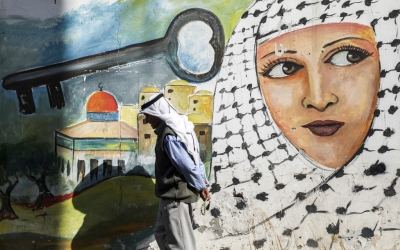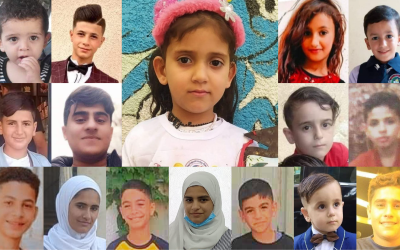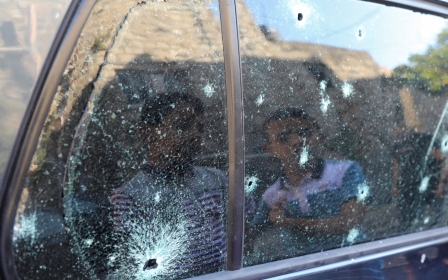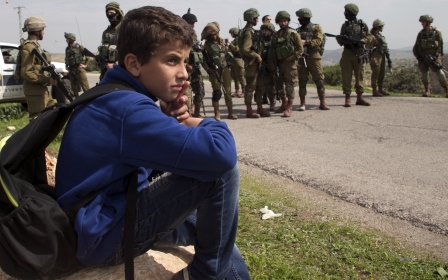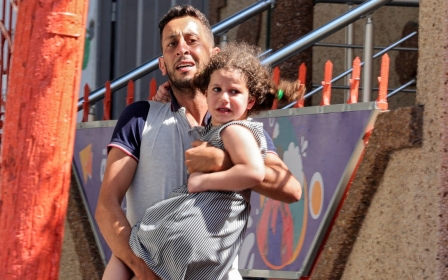Israeli press review: PA officers' sons turn to occupation resistance in 'alarming trend'
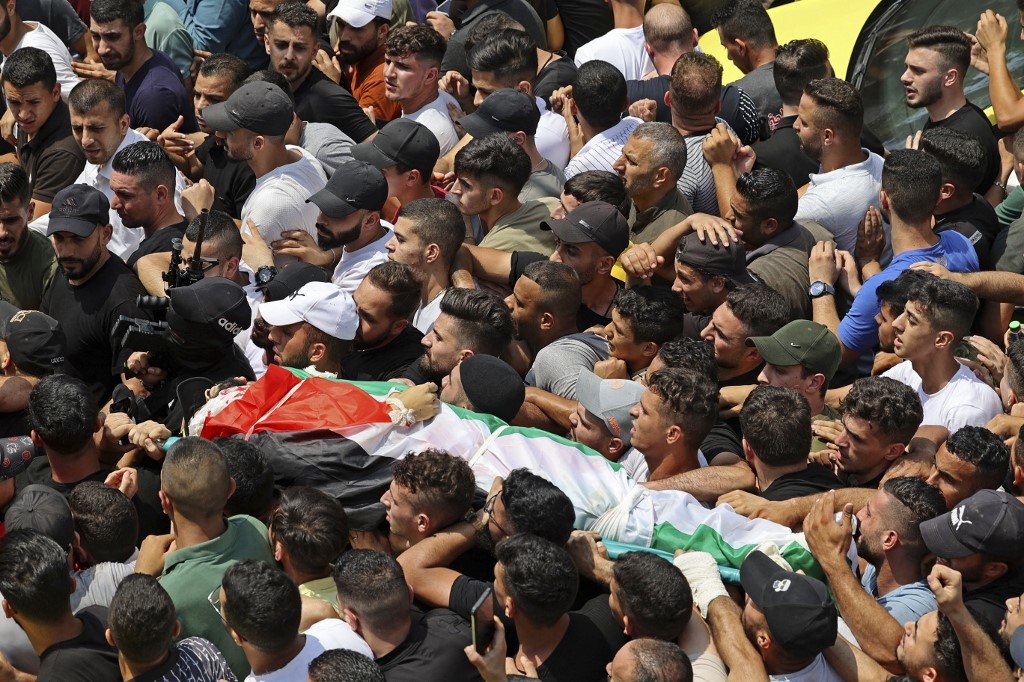
PA officers' sons join armed struggle
A new pattern in the occupied West Bank is raising alarm as sons of senior Palestine Authority (PA) officers take up arms against Israel, Channel 12 reported.
The father of Ibrahim al-Nabulsi, who was killed by Israeli forces in Nablus on Tuesday, was a lieutenant colonel in the PA's security apparatus.
After Nabulsi's death, which triggered widespread anger among Palestinians, his father called on the younger generation to follow his son's path and join the occupation resistance.
This is not the first time that the son of a senior member of the PA's security apparatus has carried out attacks against Israeli targets, the report added.
In April, Raad Hazem from Jenin killed three Israelis in a shooting in downtown Tel Aviv before later being shot dead by Israeli forces.
His father, Fathi Hazem, also a former member of the PA's security force, publicly supported his son and other armed young fighters in the northern West Bank city.
Ohad Hemo, Channel 12's correspondent for Palestinian affairs, said a “disturbing pattern emerges from these cases”.
“On the one hand, there are parents who are part of the PA's security forces, and on the other hand, their children choose the path of armed struggle.”
Family of man who died running to rocket shelter want compensation
The family of an Israeli man who died of a heart attack while heading to a rocket shelter during the recent escalation between Israel and Palestinian groups in Gaza is demanding that he be designated as a victim of the conflict.
Shlomo Atias, 60, collapsed on Saturday while heading to the shelter in the southern coastal city of Ashkelon, amid a siren warning of incoming Palestinian rockets, neighbours said, according to the Times of Israel.
In the three-day Israeli bombing campaign in the besieged Gaza Strip, 49 Palestinians were killed, including 17 children, and hundreds more were wounded.
In Israel, three people suffered minor wounds from the shrapnel of Palestinian rockets.
Atias's brother, Yuval Atias, told Kan TV that it was a “lie” that no Israeli had died in the fighting.
“If this happened to him during a thing like this, why shouldn't he be recognised [as a conflict victim],” Yuval said.
Such a designation would grant the family compensation.
Number of Americans who moved to settlements in 2021 highest in a decade
More American Jews moved to Israeli settlements in the occupied West Bank in 2021 than in any other year in the past decade, news data revealed, according to the Haaretz daily.
Figures from the Central Bureau of Statistics show that last year, 333 US citizens moved to West Bank settlements, viewed as illegal under international law. This represented a 57 percent increase from 2019, the year before the Covid-19 pandemic curtailed such moves. It is the highest number in the past 10 years, ahead of 2013, when 280 people moved to West Bank settlements.
Israeli settlements on occupied Palestinian territories are viewed as an illegal practice under international law that prohibits the transfer of an occupying power's civilian population to occupied territory.
More than 600,000 settlers live in over 200 settlements and outposts across the occupied West Bank and East Jerusalem.
*Israeli press review is a digest of news reports not independently verified as accurate by Middle East Eye.
Middle East Eye delivers independent and unrivalled coverage and analysis of the Middle East, North Africa and beyond. To learn more about republishing this content and the associated fees, please fill out this form. More about MEE can be found here.


